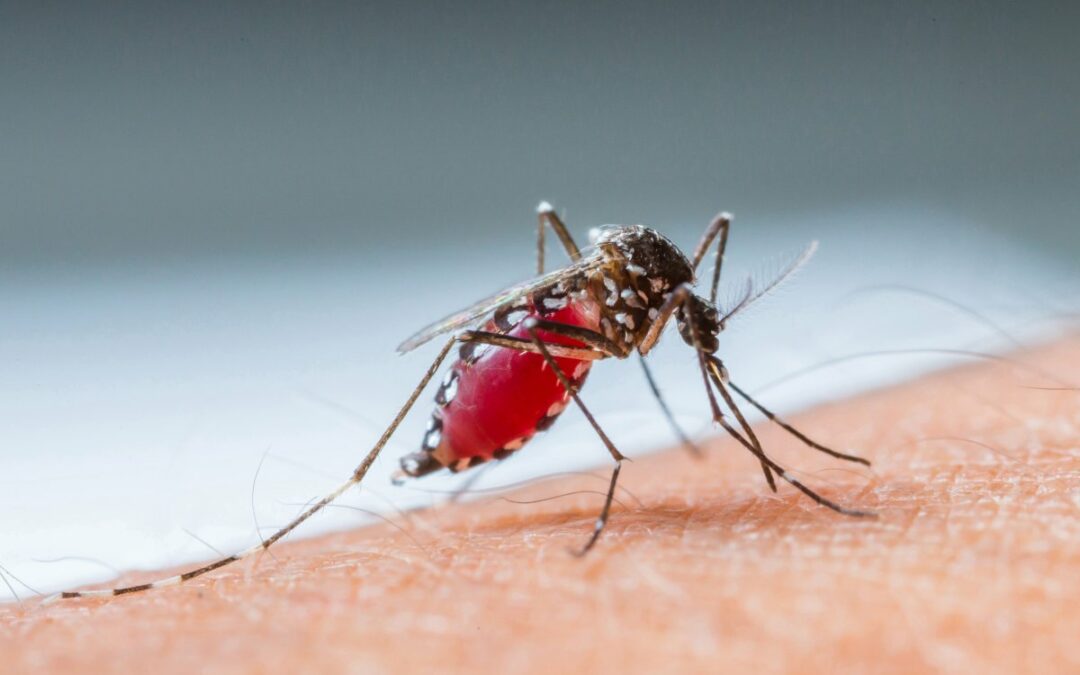Seasonal diseases have their own impact on one’s health! In India, with the arrival of summers, the chances of vector-borne diseases aggravate extensively. Not only the approaching monsoon season but the ground-breaking reality like poor hygiene habits, and low-quality healthcare services embark serious spread of transmission. Dengue is also known as “breakbone fever” might give you an idea of the intense bone and muscle pain. But is it about pains and fever only?
While most people, the fever passes off at its own course inflicting flu-like symptoms but in others, the disease can cause wreck the immunity leading to serious complications like hemorrhagic fever, to circulatory system failure.
Signs and Symptoms
Apart from the commonly-known symptoms such as high fever, cold, and cough, other symptoms signify dengue infection.
- Aching muscles and joints
- Intense headache
- On and off body rashes
- Pain behind the eyes
- Vomiting and nausea
- Diarrhea
- Mild bleeding from the nose or gums
Symptoms vary person-to-person depending on the severity of the disease. Usually, the signs disappear after a week, especially in milder infections.
Causes of Dengue Fever
You can’t get dengue fever from being around an infected person! Dengue fever is caused by any one of four similar dengue viruses of the Aedes genus, commonly found in tropical and subtropical areas globally.
Unlike other mosquitoes, the Aedes mosquito is mostly a day-biter and is believed to be most active during dawn and dusk time. If a person is infected with a dengue virus, the mosquito can become a carrier of the virus. Also, if this mosquito bites other people, the virus can be transmitted making them sick with dengue fever.
On a rare note, dengue fever can lead to a more serious form of the disease called dengue hemorrhagic fever (DHF). DHF can be debilitating and needs medical attention right away. The Ministry of Health and Family Welfare, Government of India marked 16th May as “National Dengue Day” to shed light on the diligent plan to control dengue transmission, especially in the prone regions of the country. The initiative is taken to intensify preventive measures by regulating exposure at an all-time high season.
Treatment
No specific treatment is available for dengue fever.
If there are milder symptoms, such as fever, body ache, or chills complete rest, keep the fever under control, taking fluids and pain-relieving medications helps to fight off the infection. At the same time, it is necessary to keep an eye on the patient’s platelet count that shouldn’t fall low creating complications and slow recovery.
In severe cases, hospitalization is required where a patient will be given intravenous (IV) fluids and electrolytes (salts) to replace those lost through vomiting or diarrhea. Early intervention usually helps in treating the disease effectively. In advanced cases, doctors may have to do a blood transfusion.
Prevention
The only way to curb the transmission of dengue is to stop the breeding of Aedes mosquitoes during the season. Years after years, government and healthcare authorities are taking measures to incorporate strict regulations and run campaigns to raise awareness to reduce dengue cases and help save lives.
Here’s what you can do to prevent the disease from spreading further:
-
Eliminate stagnating water sources
Whether it’s a house or an office, keeping surroundings clean and dry is of utmost importance as Aedes mosquitoes breeds in stagnant water. Cover, empty, and clean the water tanks, coolers, and flower pots regularly. If possible, larvicides should be added to the water to kill the Aedes mosquito larvae.
-
Segregate solid waste
Dispose of the kitchen, garden, or house waste on an everyday basis. But most importantly, make sure to separate dry and wet waste that isn’t good for the environment itself but to restrict the spread of disease in the nearby area.
-
Personal protection measures
Exposure to mosquito bites should be prevented as needed! Adhere to the personal protection measures especially in the summer and monsoon season, such as wearing long-sleeved clothes, and using repellents, coils, and vaporizers. Try to keep windows close to prevent mosquitoes from entering the room. Also, using mosquito nets while sleeping is a sure-shot barrier to curtailing the bites.
These are small preventive steps that could potentially keep you and your family safe from dengue fever outbreaks. Additionally, focusing on boosting immunity is vital through daily exercise, a healthy diet, and meditation practices are highly recommended to fight off the potentially life-threatening disease.



Recent Comments